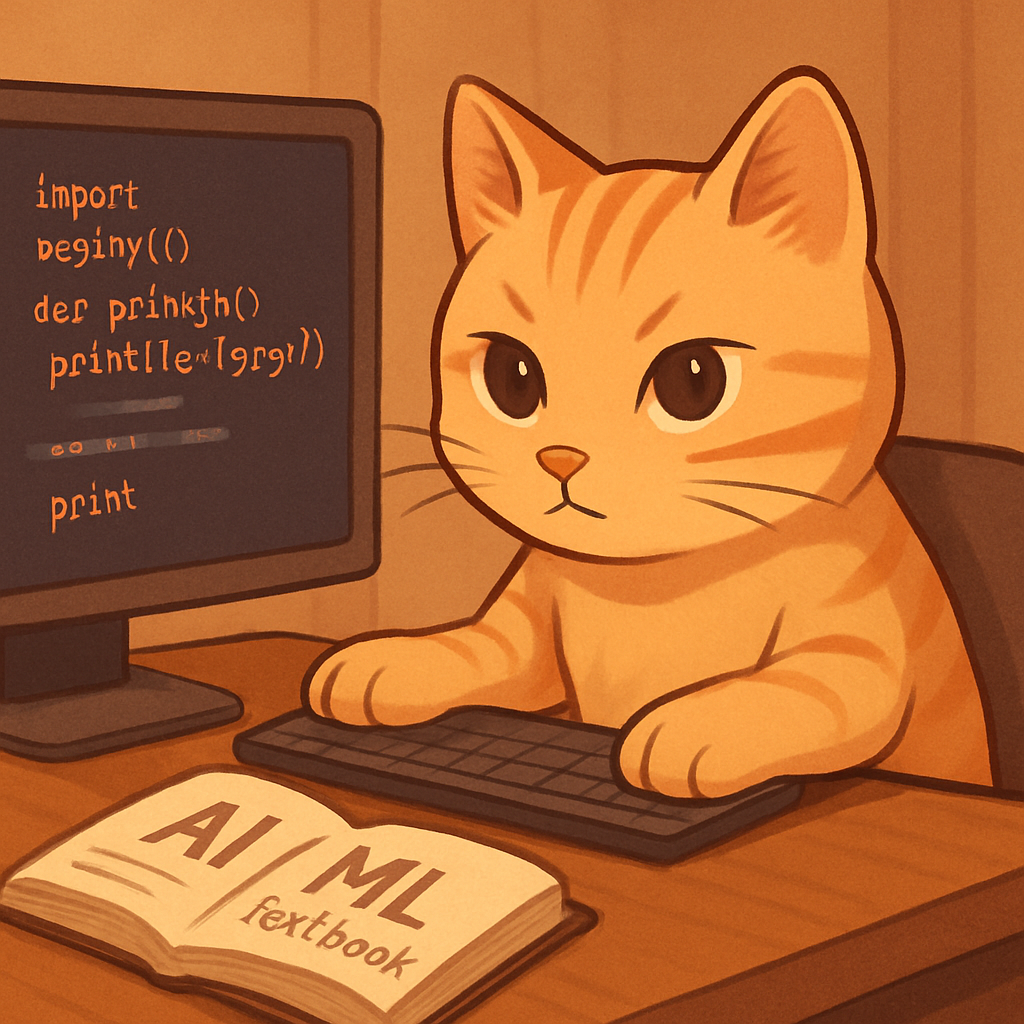Practicing Lambda Functions in Python
Why I studied this
I wanted to understand what lambda functions are and how they are used in Python.
They are useful for short, one-time functions especially when combined with tools like filter, map, or function parameters.
What I did
Regular function vs lambda
def add(x=0, y=0, z=0):
return x + y + z
myadd = add
print(myadd(3, 4, 5)) # 12
Functions are just variables. I assigned the add function to another name and used it.
Passing functions as parameters
def myfunc(x, y, callback):
result = callback(x, y)
print(result)
def add(x, y):
return x + y
myfunc(4, 5, add)
myfunc(4, 5, lambda x, y: x - y)
I can pass a function as a parameter.
lambda x, y: x - y is a one-time function that subtracts two numbers.
Lambda functions in a list
funcList = [
lambda x, y: x + y,
lambda x, y: x - y,
lambda x, y: x * y,
lambda x, y: x / y,
]
for func in funcList:
print(func(9, 7))
I made a list of lambda functions to perform different math operations.
Using lambda with filter()
a = [1,2,3,4,5,6,7,8,9,10]
def isEven(n):
return n % 2 == 0
for i in filter(isEven, a):
print(i)
# same as above with lambda
for i in filter(lambda x: x % 2 == 0, a):
print(i)
filter() uses a function to select only items that return True.
Lambdas are useful for writing these short filters.
What I learned
Lambda functions are great for writing quick, simple logic.
They can be passed like normal functions, and help clean up code when used with things like filter().
What I want to do next
I want to try using lambda with map() and sorted(), and understand where lambdas are better than regular def functions.
